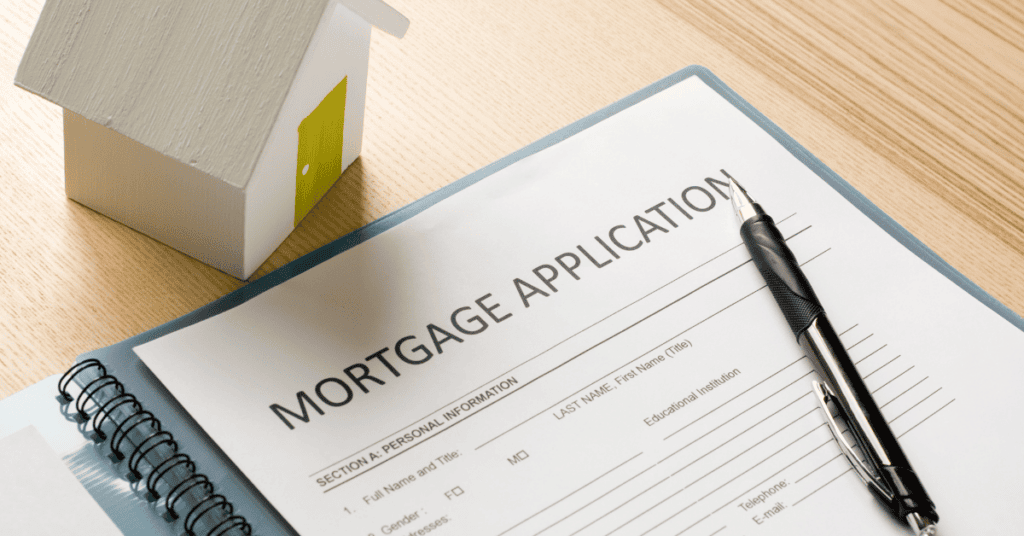Get Expert Financing
- Matched with investor-friendly lenders
- Fast pre-approvals-no W2s required
- Financing options fro rentals, BRRRR, STRs
- Scale your portfolio with confidence
At some point in your financial life, you are likely to run into a situation where you can’t pay all your bills. Perhaps you’ve had a big financial setback, like a job loss or major injury that keeps you from working. Maybe you’re just going through a bit of a rough patch and need a little extra help with your mortgage payment.
No matter the problem, when you can’t make your mortgage payment, you need to be on top of the situation. This is especially true if you hope to get a loan modification and you haven’t missed your mortgage payment yet. Some programs disqualify borrowers who skip payments.
If you know you will struggle to make a mortgage payment, here’s what you can do:
Contact Your Mortgage Lender
The first step is to contact your mortgage lender. If you haven’t missed a payment yet, but you are worried it might happen because of a new situation, let your lender know. Your lender might have some options for you. If you show a willingness to make your payments as you can, you are more likely to get the help you need from your lender.
However, it’s important to note that the next step will depend on your situation. If the lender doesn’t think you will be able to come out of your problem and make payments, you might not be able to get the solution you are looking for.
Consult with the U.S. Department of Housing and Urban Development (HUD)
You can also talk with someone from HUD about your options. There are government programs designed to help homeowners work out a repayment plan or get a loan modification. Speaking with an approved counselor can be one way to figure out your options and get the help you need. The Consumer Financial Protection Bureau (CFPB) offers a list of approved housing counselors, and you can search using your ZIP code.
If you haven’t missed a payment yet, you will have more options. A HUD approved counselor can help you figure out what course of action is most likely to work for you and provide you with the resources you need to move forward.
Can You Make Changes in Your Finances?
Once you have an idea of where you stand, you might be able to make some changes to your finances. If keeping your home is your main priority, you will need to weigh your other bills. When you have to choose which bills to pay, making your mortgage a priority is a good idea because you want to stay current.
You might be able to cut back on some expenses to free up more money. Also, consider other options, such as using your emergency fund or turning to family for help. If you have been laid off, don’t forget to apply for unemployment benefits. While it’s hard to ask for help, you might need to do so, if you want to stay in your home and keep making mortgage payments while you work with your lender or a counselor to figure out a new plan.
Other Options When You Can’t Make Your Mortgage Payment
If you know that you won’t be able to financially recover enough to make your mortgage payment, there are some things you can do to move on. First of all, if you are willing to accept the credit consequences, you can stop making your payments and wait for foreclosure. This might not be the best option. There are some other workarounds that you might be able to use to move forward when you can’t make your mortgage payment:
It’s never fun to be in this situation. Carefully consider your options and do what is likely to be best for your finances.
Our advice is based on experience in the mortgage industry and we are dedicated to helping you achieve your goal of owning a home. We may receive compensation from partner banks when you view mortgage rates listed on our website.


